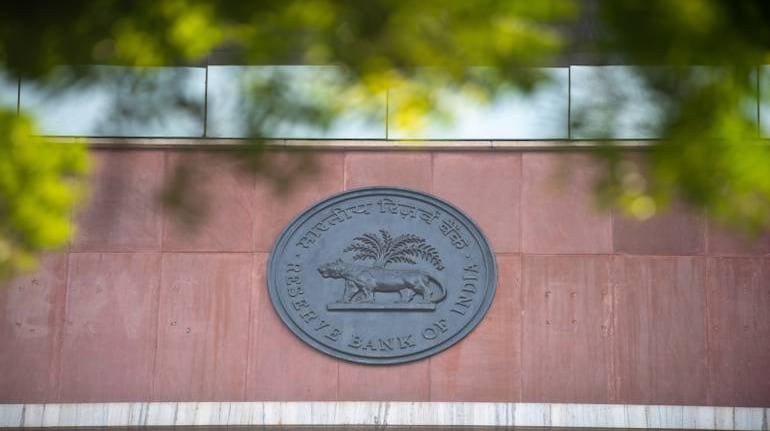



To say that the world of payments is going through a major revolution is not just fantasy but a reality. We are seeing all kinds of developments with digital payments replacing the physical counterparts. The state of technology is allowing many experiments, and the discussion which was limited to online solutions is now moving to offline solutions.
The state of technology is also posing challenges to the existing regulatory system. This conflict between technology and regulation was seen in a recent press release by Reserve Bank of India (RBI).
On February 22, the Reserve Bank of India (RBI) issued a press release cautioning the users of a carpool app named sRide. sRide, apart from being a carpool app, allowed the users to make payments via its own wallet. The RBI noted that sRide is “operating a semi-closed (non-closed) pre-paid instrument (wallet) through its car-pooling app (application) ‘sRide’ without obtaining the required authorisation from RBI”. The central bank cautioned that anyone dealing with sRide “will be doing so at their own risk”.
This notification leads to four interconnected questions:
Why is this notification important? For the first time, the RBI has cautioned people against using a prepaid wallet issued by an entity. The RBI regularly penalises the payment operators on not complying with its regulations, but has not cautioned the users against a wallet.
Why is the RBI only expressing caution and not taking action? The reason is that sRide has not taken any authorisation from the RBI. The RBI has currently authorised 35 prepaid/wallet providers, and SRide is not yet in the list.
How is it that sRide is able to offer payment services without being authorised? This is where technology comes into the picture.
The technology for creating apps and enabling payments within these apps is easily available, and cheap as well. One can start these services and link payment systems to the service. sRide allows people to carpool, and charges a fee for the same. The sRide wallet allows people to transfer their funds from their bank accounts, and make payments without any hassles. The app users would not know whether the app is authorised to receive and make payments.
What could the riders have done differently? The RBI adds that the people should not just ‘exercise utmost caution’, but also verify on their own before parting their money with authorised platforms.
But how do we expect people to know which platform is authorised, or not? In its list of payment operators, the RBI has classified six kinds of payment providers: functional, revoked, ceased, voluntary surrender, cancelled, and are in the process of cancellation. How will the public understand these six categories?
Given the above set of issues, two broad ideas emerge which need a rethink from economists and policymakers.
First, it is curious to note how these wallets are creating new forms of digital money. Technology has not just made it easier to make wallets and usher digital payments, but to also create money. Students of economics study how stock of money is measured via indicators named as M1, M2 and so on.
The M1 is called as a narrow measure of money which comprises currency and demand deposits. The broader forms of money from M2 onwards include post office deposits, time deposits, and so on. As wallets also are nothing but deposits which are then used for payments, should they be included in money stocks too? The IMF economists in a study point out that most jurisdictions have regulations which ensure mobile money is part of the banking system. However, there are some countries where mobile network operators (MNO) act as ‘niche financial intermediaries’ that invest deposits in sovereign securities, and other approved assets. In case of such MNOs, mobile money liabilities need to be collected and made part of broad money. As mobile wallets and payments proliferate, should we rethink the traditional methods of measuring money?
Second is the need to relook at financial regulation. Financial regulators are caught in this dilemma between whether to allow technology or to tighten regulation. If they allow technology to evolve freely, then we will see more cases such as sRide. If they tighten regulations on technology, then innovations will suffer.
Regulators such as the RBI are taking a middle path which allows technology but at the same time warn the users as and when cases are reported. Is there a need to rethink how financial regulation is dealing with mobile money and digital payments in general? As of now regulation is exclusive that is those who seek authorisations are allowed to offer payment services. Instead, should the regulation be inclusive which allows all such companies to offer wallets with regulation coming in picture only in case of wrongdoing?
To sum up, the sRide case raises several questions on the role of technology in the payments space. The challenge is not limited to payments alone, as we are seeing similar players emerging in the currency exchange, stock trading, and so on. Now whether regulators and their regulations treat these trends as an opportunity or a challenge is to be seen.

Discover the latest Business News, Sensex, and Nifty updates. Obtain Personal Finance insights, tax queries, and expert opinions on Moneycontrol or download the Moneycontrol App to stay updated!
Find the best of Al News in one place, specially curated for you every weekend.
Stay on top of the latest tech trends and biggest startup news.